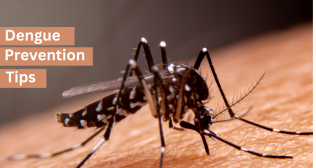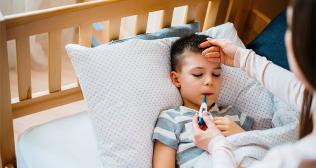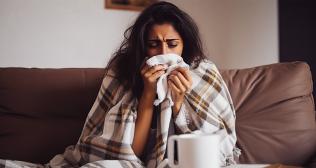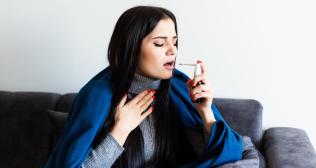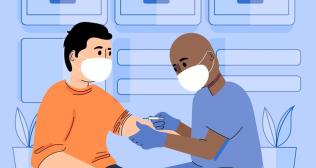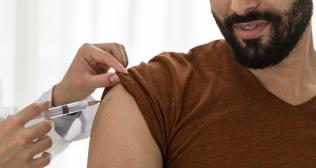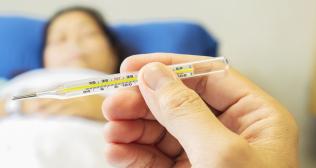
Bee-Ware: What to do if a Honeybee stings you?
Imagine taking a leisurely walk through a garden filled with flowers when a honeybee flies scarily close. You try to swat it away, only to feel the sharp pain of the bee stinging you. A bee sting is a painful injury that causes temporary redness and swelling on the skin caused by the injection of venom into the skin.
What happens when a bee bites?
When a bee bites, it releases an anaesthetic chemical into that person’s body. While this chemical can paralyze some small creatures, the dosage is not sufficient to do so to humans. The mandibles of the bee must also break the skin to secrete this chemical. If the mandibles fail to break a person’s skin, bees cannot release the chemical.
What happens if honeybee stings?
When bees sting an individual, they inject venom through their stinger into the skin of the victim. The honeybee possesses a barbed stinger that remains in the victim's skin with its venom sac attached. About 3% of individuals stung by bees have an allergic reaction to the sting and up to 0.8% of bee sting victims undergo the severe and life-threatening allergic reaction referred to as anaphylaxis.
How to treat a Bee Sting?
If a bee sting has caused a local reaction, there is no requirement to seek medical care-one can treat it at home. One must first remove the stinger, if it is there, and then focus on treating the sting.
Simple Home Remedies and Natural Treatments for Bee Stings
There are several ways to treat bee stings at home with commonplace ingredients from your kitchen shelves, bathroom cabinet or first aid kit. These include:
- Cold compress: This will help reduce the pain and swelling.
- Honey: It might aid with the swelling, reduce itching, and help in healing.
- Baking soda and apple cider vinegar: They have been known to aid in neutralizing bee venom and easing swelling and pain.
Medication for Bee Stings
If a bee sting continues to irritate and you want to try and heal the same, certain medicines can help. Healthcare professionals suggest the following to alleviate discomfort:
- For pain, one can take acetaminophen (Tylenol) or ibuprofen (Advil or Motrin).
- If the sting continues to itch or burn, hydrocortisone cream can help.
- Antihistamines like cetirizine or loratadine can be taken once a day for moderate to severe itching. One can get these medicines over the counter at neighbourhood pharmacies or drugstores.
- If you have had an allergic reaction to bee stings in the past, healthcare professionals suggest carrying an EpiPen (an epinephrine auto-injector) especially when outdoors. Once it is injected, it reverses almost all symptoms.
Ways to prevent bee sting
When you step outside, you cannot completely cut down on the possibility of being stung by a bee. But with a little alertness, you can reduce the risk of bee stings. Here are some things to keep in mind:
- Be mindful about attire: Do not wear brightly coloured clothes or rough textured fabrics (such as wool), which fascinate bees.
- Avoid strong scents: Ditch perfumes, scented soaps or suntan lotion that could attract bees.
- Refrain from throwing items: Bees usually attack when threatened, so avoid swatting at foreign objects such as sticks or stones while outdoors as it could be a bee.
Simply put, do not panic if stung by a bee. Instead, seek help to avoid worsening symptoms. With the right approach, one can be back outdoors in no time at all.







